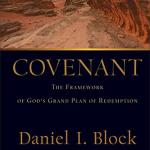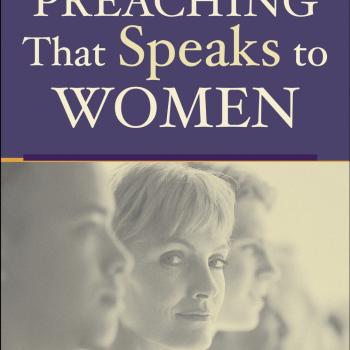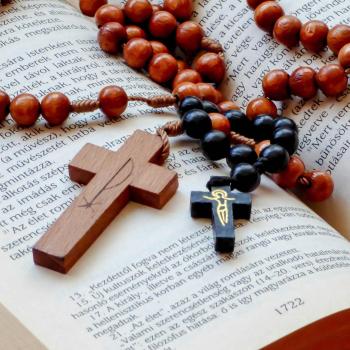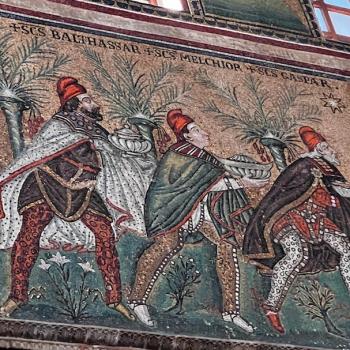20th Century and Beyond

Billy Graham (1918–2018)
This North Carolina boy declared his faith in Christ at a revival that came to his area when he was just sixteen years old. He attended a variety of Bible schools and ended up at Wheaton, graduating in 1943 with an already distinct style of preaching. His friendly yet direct message of sin and salvation came across with sincerity, an element that struck home with his audiences over and over. He began traveling as an itinerant preacher with Youth for Christ in 1945. As his crowds and publicity grew, he held crusades—days’ long revivals that attracted thousands. By utilizing the new technology of radio and television, Graham’s name became familiar worldwide. He avoided being labeled as any particular denomination, favoring his freedom to reach all kinds of people with the simple gospel message. He founded the Billy Graham Evangelistic Association in 1950, which helped coordinate the massive follow-up efforts to minister to respondents at every crusade. Along with his intelligent and stalwart wife, Ruth, Billy was honored with the Congressional Gold Medal of Honor in 1996. His unofficial role as spokesman for America’s evangelicals made him one of the most recognized religious figures of the 20th century.
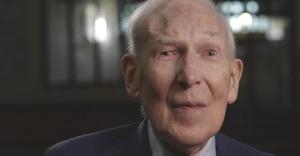
J.I. Packer
Born into an Anglican family in England, Packer attended Oxford where he immediately made a decision to follow Christ. C.S. Lewis’s lectures profoundly impacted his spiritual journey. After graduating with his doctorate, Packer served a short time as a parish minister but spent most of his career as an academician. In 1979 he moved to Vancouver, British Columbia, to teach at Regent College. He dedicated his career to developing theologically astute church members—primarily through teaching young ministers who would lead the church, but also through his own articles, books, and speaking. His signature book, Knowing God, came in fifth in a list of Top 50 books that influence evangelicals. A quiet, unassuming man, Packer never married but lived a faithful, humble, service-oriented life devoted to his savior
I’ve left out many other prominent evangelicals like B.B. Warfield, Charles Spurgeon, Francis Schaeffer, John Piper, Rick Warren, and others. But I wanted to end on a person who is currently ministering, and since my list has only one woman from the past I’m concluding my skip through evangelical history with the most famous Baptist Bible teacher yet.

Beth Moore (who is no longer Baptist)
Formerly known for her big hair and self-deprecating humor, Beth Moore—now known for a riveting teaching style and a fiery Twitter presence—remains a phenomenon among evangelical women even after thirty years of teaching. She began her ministry volunteering to lead Sunday school classes in her Houston, Texas, church. Realizing she needed to know her Bible better, she took a doctrine class and started a women’s Bible study. Her engaging demeanor and communication style, combined with her contagious affection for Jesus and his word, led over 2,000 women to her weekly study. She began accepting invitations to speak at local churches in her area, and her name recognition increased from there. By 1994, Lifeway (the Southern Baptist Convention publishing arm) was publishing her Bible studies, an investment that paid off for over two decades. Moore founded Living Proof Ministries (also in 1994) to help her manage her speaking and writing ministry.
During the #metoo movement, in which sexual abuse victims spoke publicly about their past experiences, Moore—who had long since revealed her childhood sexual abuse—began to support them vocally. When a damning report of sexual abuse in the SBC was revealed (#churchtoo), Moore became a leading voice urging the SBC to open up to investigations, honesty, confession, and repentance. In 2021, Beth and her husband, Keith, left the SBC and Lifeway. They have since joined an Anglican congregation.


